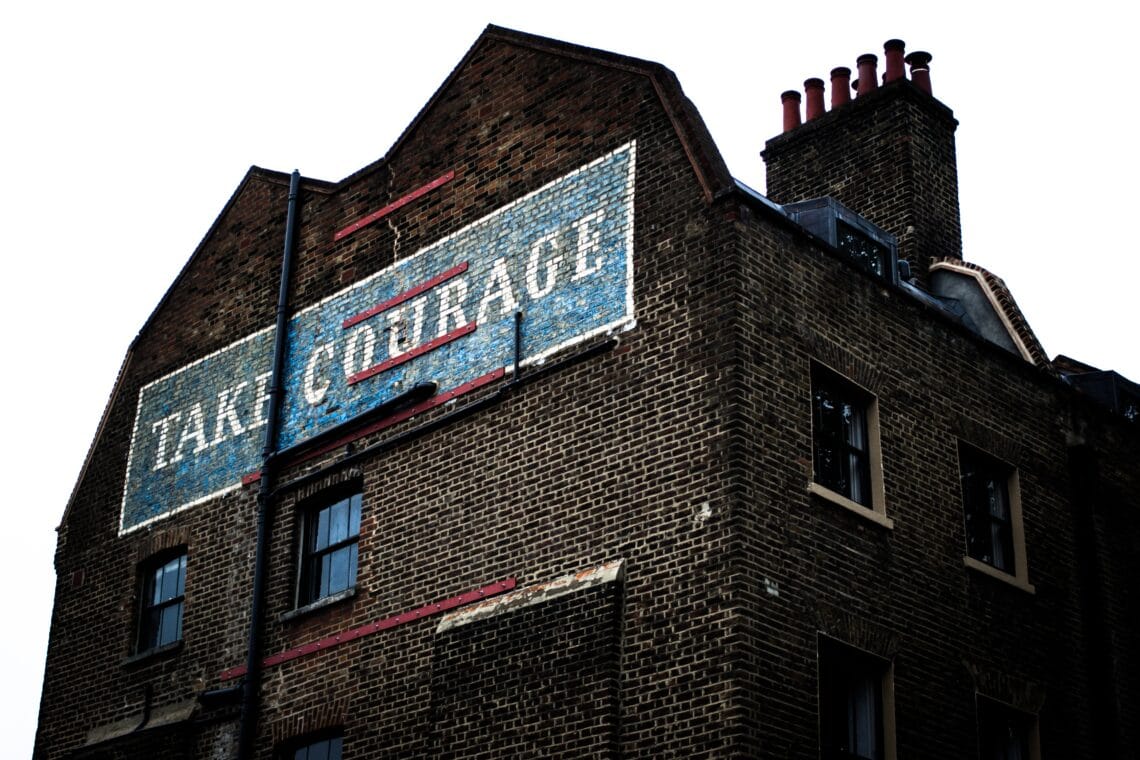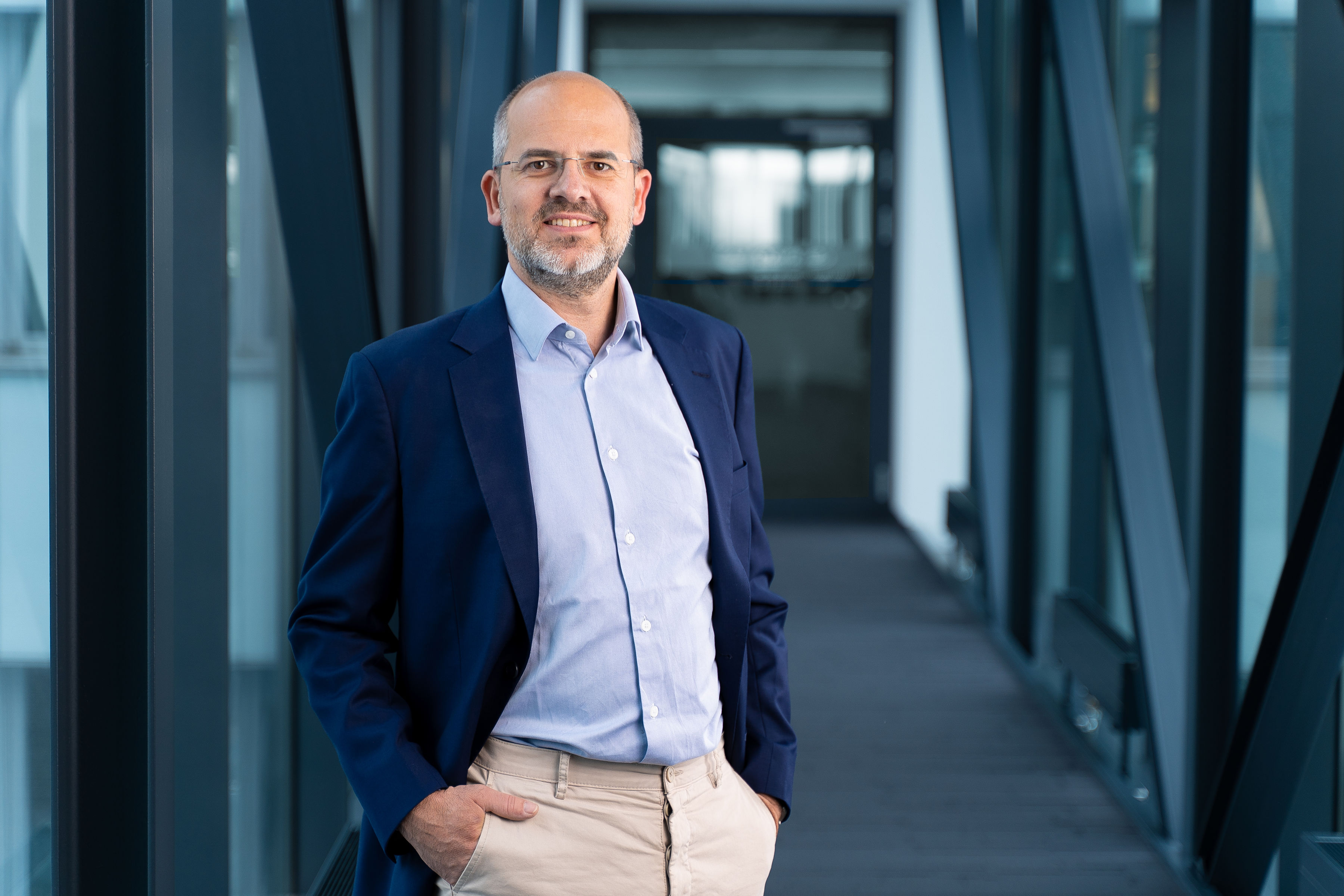May we present: Udo Müller from paysafecard.
Working in the FinTech industry is like coming and going, requires a high degree of professionalism in a thoroughly relaxed working environment and is above all characterised by innovation and good, clever and future-oriented ideas, according to the widespread consensus. But who are actually the brains and movers behind these creative thought processes, at the intersection of finance, digital technologies and entrepreneurship? In our series: The faces of the FinTech industry we regularly ask a person from the payment and banking industry the same ten questions. This time answered Udo Müller our questions.
May we present…
In the course of our daily work, we frequently encounter exciting people who work in the same field, who we meet only once or every now and then, or who have even grown very fond of us privately – each of them has a story of their own. We have selected a few of these People from our closest FinTech environment to put a face to them. To share why this industry is much more to them than just another way to pay your rent. We would like to briefly portray and introduce these people and their CVs in a category all of their own and have designed a list of questions that is always the same.
This time Udo Müller answers our questions. Udo is the managing director of paysafecarda company that, in addition to paysafecard (the core product) with the payment account “my paysafecard” and a prepaid Mastercard, offers further diverse payment solutions and services.
Who are you, what do you do?
I am the CEO of paysafecard, and co-founded the company exactly 20 years ago. So I have been involved with the exciting topic of simple and secure online payments for at least 20 years. paysafecard is part of the leading specialist payment platform Paysafe Group and offers, among other things, the prepaid payment solution paysafecard in Germany and many other countries.

This is interesting, for example, for all people who pay online but do not want to disclose their account details for security reasons or who do not have a bank account, such as young people.
When did you first notice the word FinTech?
About ten years ago, the term “FinTech” became increasingly fashionable and is on everyone’s lips today. About ten years ago, I also started to take a closer look at the term. And I quickly realised that “FinTech” describes exactly what we at paysafecard have been doing for much longer – namely offering new and innovative payment solutions. As is often the case with new things, first there are a few companies that are pioneers, and then more and more companies deal with this topic, which is very positive and also shows that a trend has become firmly established.
Udo Müller: “The right solutions at the right time”.
What were your first encounters with the payment and banking industry?
Of course, I was already involved in the topic of payments before I founded paysafecard and was very interested in it. For example, I completed an MBA in business administration. We were also in contact with the traditional banking industry immediately after founding the company, as we applied for and received a banking license for paysafecard. After all, it was very important to us to offer a secure and reliable means of payment and not just “any” prepaid voucher.
And the top priority is that users trust such a solution – after all, they pay in 50 euros, for example, and then pay online with a “slip of paper,” to put it flippantly. This “slip of paper” is of course not just a piece of paper, but contains a 16-digit secure PIN. Perhaps also quite interesting in this context: Since about 2006 there is the possibility of a so-called e-license instead of a full banking license. However, we started with such a full banking license.
How do you define FinTech?
For me, FinTech means using new technologies to offer solutions and services that have a disruptive effect on the market. This disruptive factor is an essential element – and disruptive is something that approaches problems and solutions with a completely new approach, always focusing on the benefits for customers. So you have to offer the right solution at the right time – sounds simple, but it’s not!
“All companies should ask themselves, what new products are out there that could potentially overtake my own product?”
All companies should therefore ask themselves: What new products are there that could possibly overtake my own product? And then they should think about how they can improve their own product and adapt it to new market requirements.
What do you think established companies do better than FinTechs?
Established companies or banks have naturally built up an often decades-long relationship with their customers and have earned great trust in their brand. This means that they know their customers and their target group very well. At the same time, they also have a broader customer base, as FinTechs are often particularly interesting for digital natives. Traditional companies also benefit from their extensive experience and established processes when it comes to organising customer business, which gives them an advantage.
What can you learn from FinTechs?
In any case, thinking from the customer’s point of view. FinTechs are often very good at identifying users’ needs and pain points and then quickly and agilely developing completely new solutions for these needs, adapting them or even discarding them if a product doesn’t work. Other companies often tend to think from their existing solution. After all, we have seen many examples where traditional products or services have been displaced by entirely new approaches. For example, video rental versus online streaming of series and movies.
In this context, it is certainly interesting to see how Paysafe is positioned in the “field of tension” between “established” companies and FinTechs or startups: Paysafe is an international, larger company with 3,000 employees, and places the highest value on flexibility and agility and a dedicated “customer-first” approach. Therefore, we were often one step ahead in the development of new solutions that precisely meet the needs of customers.
Why do established (large) companies have such a hard time with digitalization?

Of course, it is always difficult to fundamentally change what already exists or to establish new processes. Changes to something that you might perceive as still working well take a lot of energy and great courage. It is easier to dare to do something new if you also start from scratch, virtually from a greenfield site.
If you’re starting from scratch or working in a startup, you have plenty of room for creative ideas. In contrast, in large companies there are many challenges on the way to digitization, such as guidelines for process documentation. That’s why even smaller steps often take time in some large companies.
Craft, Tesla & Elon Musk
What would you do for a living if you weren’t working in the payments and banking industry?
If I had to choose another career field, I would like to do something crafty, something “hands-on”. I would probably work with tangible materials like wood and create something out of it. But actually, the difference between my industry and paysafecard is not as big as you might think: After all, it is also our goal to develop sustainable payment solutions for our customers that they can specifically do something with and that offer a solution for their needs and wishes.
Which company would you like to work for one day?
Definitely: at Tesla with Elon Musk! He’s definitely a bit controversial, but I find people interesting who have a big, almost seemingly unattainable goal, and who just get going and see where they end up. The trick is to break down a big goal into many small goals and steps. That’s how even the seemingly visionary becomes doable.
Who would you like to have a beer with?
Also with Elon Musk – I would love to talk to him about his projects such as the Hyperloop tunnel!
